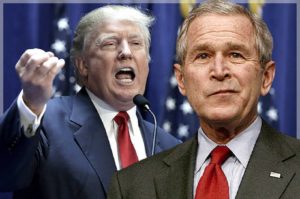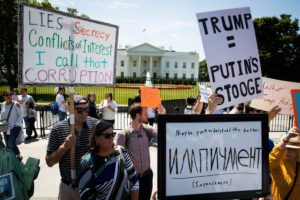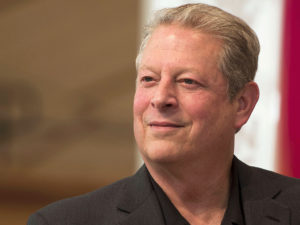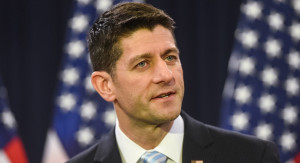David Brooks and Mark Shields make a fascinating duo on the “PBS NewsHour.” Brooks, the conservative and Shields, the liberal, clash often on the issues of the day.
This week they discussed the Brett Kavanaugh confirmation process and Kavanaugh’s eventual ascent to the U.S. Supreme Court.
The men concluded pretty the same thing about the highest court in the land: It has become the third political branch of government. Moreover, the closeness of the committee vote — and today’s vote in the full U.S. Senate — reflects the deep, dark divide throughout the nation.
It was Brooks who put the matter into amazing perspective. He notes that the Supreme Court once was thought to be independent of political strife. The Kavanaugh debate and the anger expressed by the nominee as well as senators on both ends of the spectrum tell us that the court has become just as political as the executive and legislative branches of government.
There is no way the nation’s founders could have envisioned this happening when they established the three “co-equal branches” of government.
The judicial branch once was thought to be the last bastion of critical analysis devoid of politics. Oh, brother!
Shields took a moment to note how George W. Bush was elected president on a 5-4 Supreme Court decision to stop the recount of ballots in Florida after the 2000 presidential election. Five GOP-appointed justices ruled to stop the count; four Democratic-appointed justices dissented. Thus, President Bush took office on the basis of a single justice’s vote. That’s when it began, Shields seems to suggest.
And now we have Justice Brett Kavanaugh taking his seat on the court after the most contentious, bitterly fought and divisive debate of its kind in anyone’s memory.
The U.S. Supreme Court is a changed institution. To my way of thinking, it isn’t for the better.







